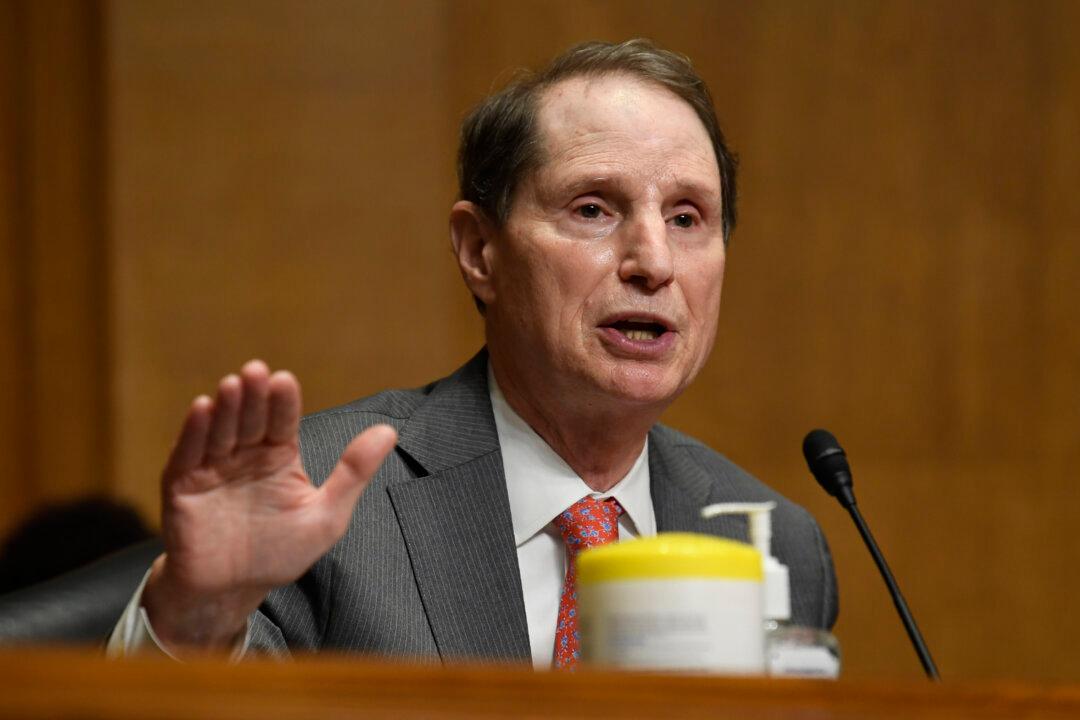Two senior Democrat senators on Friday introduced a legislative proposal that would levy a 2 percent tax on corporate stock buybacks, a move that comes as Democrats scramble to fund the Biden administration’s $3.5 trillion spending plan.
Sens. Ron Wyden (D-Ore.) and Sherrod Brown (D-Ohio) said in a joint statement that the draft bill, called the Stock Buyback Accountability Act (pdf), would boost investment in the economy and raise government revenues, arguing that it would “prioritize real investment in the economy over Wall Street shareholder giveaways.”





